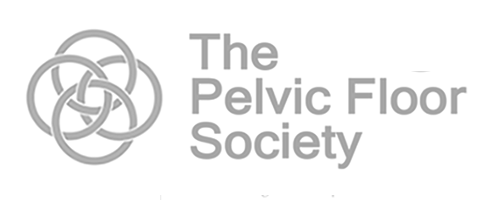WHAT IS A COLONOSCOPY?
A colonoscopy procedure is an examination of the lining of the colon (large bowel) using a thin flexible, tube-like telescope called a colonoscope. This is carefully passed through the back passage and into the colon.
A colonoscopy is useful for finding out what is causing symptoms, or as a check-up for certain bowel conditions. During the colonoscopy procedure, your doctor may take one or more biopsies (samples of the lining of the colon) for examination in a laboratory. It’s also possible to remove polyps (small lumps of tissue that may be found on the colon lining).
Colonoscopy is routinely done as an out-patient or day-case procedure, with no overnight stay. It’s usually performed under sedation to help ensure that you are relaxed and comfortable during the procedure. After sedation, most people have very little memory of the test.
Mr Patel will explain the benefits and risks of having a colonoscopy, and will also discuss the alternatives to the procedure. Depending on your symptoms, alternatives may include:
sigmoidoscopy
virtual colonoscopy
barium enema
WHAT HAPPENS DURING A COLONOSCOPY PROCEDURE?
For Mr Patel to see the lining of your colon clearly, it needs to be completely empty. To achieve this, you will need to follow a special diet for a few days before the procedure and you will be asked not to eat any solids on the day before your examination. You will also be given a laxative, which will come with detailed instructions on how and when to take it.
If you are having sedation, this may be given through a small plastic tube (cannula) placed in a vein in the back of your hand. You may need oxygen through a mask during the procedure and for a short time afterwards.
With you resting on your side, Mr Patel will examine your back passage with a finger before carefully inserting the colonoscope. Lubricating jelly will be used to make this as easy as possible.
Air will be passed through the tube and into the colon to make the lining easier to see. When this happens, you may briefly feel pains similar to trapped wind. You may also feel that you want to go to the toilet, but as the colon is empty, this will not be possible. You may pass wind, but try not to feel embarrassed, as the staff expect this to happen.
At the end of the colonoscope, a tiny light and lens allow your doctor to see the lining of the colon. The lining is examined by looking directly through the colonoscope, or at pictures it sends to a video screen.
During the procedure, you may be asked to change your position – for example turning from your side onto your back. This helps your doctor to examine different areas of the colon with the colonoscope more easily. If necessary, a small biopsy will be taken for analysis. Any polyps that are found can also be removed. This is done using special instruments passed inside the colonoscope, and is quick and painless.
Afterwards, the colonoscope is removed quickly and easily. The procedure takes about 20 to 30 minutes to perform and may be a bit uncomfortable.
After the examination, you may feel bloated and have wind pains, but these usually clear up quite quickly. The sedative may make you feel sleepy. If a biopsy has been taken or a polyp has been removed, you may experience a small amount of bleeding from your back passage after the procedure.
WHAT ARE THE RISKS OF A COLONOSCOPY?
Colonoscopy is a commonly performed and generally safe procedure. For most people, the benefits of having a clear diagnosis are much greater than any disadvantages. However, like all medical procedures, there are some risks.
Mr Patel is extremely experienced at performing colonoscopies but even so, occasionally a colonoscopy is not completed successfully and may need to be repeated.
Other complications are uncommon. It’s possible for the colon to be damaged or, in very rare cases, perforated during the procedure. This can lead to bleeding and infection, which may require treatment with medicines or surgery.
The chance of complications depends on the exact type of procedure you are having and other factors such as your general health. Ask Mr Patel to explain how any risks apply to you.








